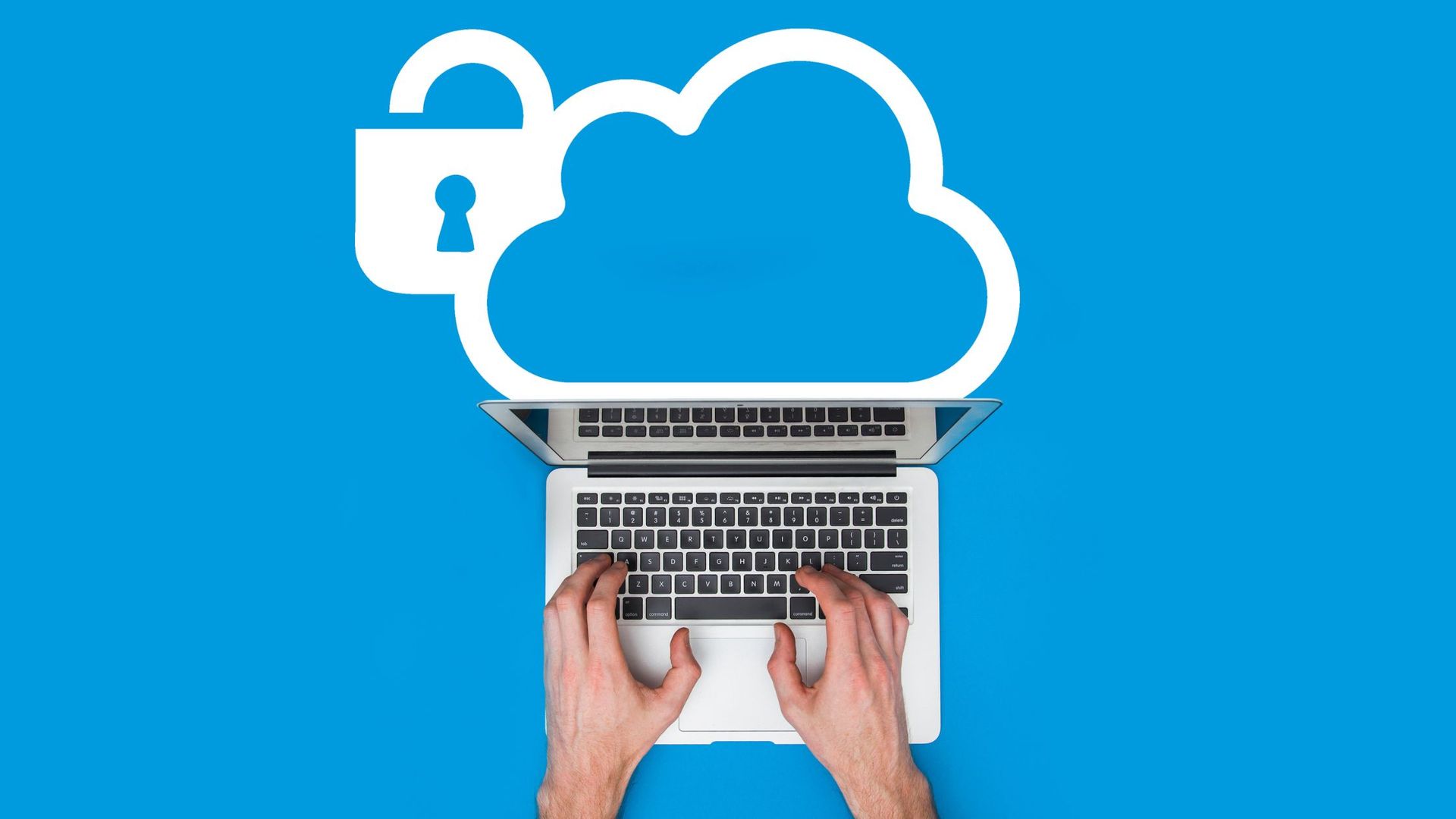Making the Final Decision with Confidence
Essex County, you have seen that VoIP's potential is undeniable: reduced costs, seamless integration, and feature-rich communication compared to traditional phone lines. Yet, a lingering question remains: "Does VoIP slow down my internet?" Now, as you approach the final decision, let's demystify the impact and help you choose a solution that balances smooth internet with optimal VoIP calls.
Beyond Simple Answers:
- Yes, VoIP uses internet bandwidth.
But the impact depends on various factors, not just a simple yes or no.
- Internet speed is key:
High-speed connections minimize slowdowns, even with multiple calls (fiber > cable > DSL).
- Quality vs. bandwidth:
Higher quality calls require more bandwidth but offer crystal-clear communication, while lower quality options consume less.
- Simultaneous calls matter:
The more active calls you have, the greater the impact on your overall internet speed.
- Don't forget background usage:
Streaming, downloading, or online gaming during VoIP calls can significantly contribute to slowdowns.
Making the Confident Choice:
- Prioritize providers with clear bandwidth requirements.
Understand the exact bandwidth needed for your desired call quality and number of simultaneous calls.
- Seek QoS features:
Look for providers offering Quality of Service (QoS) settings that prioritize VoIP traffic, ensuring smooth calls even during high internet usage.
- Match your provider to your usage:
If you frequently make high-quality, multi-user calls, prioritize providers with ample bandwidth allocation and robust QoS features.
- Future-proof your choice:
opt for scalable solutions that can adapt to your growing needs and potential increases in VoIP usage.
- Consider expert advice:
If you have complex needs or require in-depth analysis, consult IT professionals for tailored recommendations and implementation assistance.
Beyond the Technicalities:
- Don't let fearmongering dictate your decision. With proper planning and mindful usage, VoIP is unlikely to significantly impact your internet experience, especially with high-speed connections.
- Remember the benefits: Weigh the potential slowdowns against the cost savings, flexibility, and advanced features VoIP offers.
Taking the Last Step:
- Engage directly with shortlisted providers: Ask questions about specific bandwidth requirements, QoS features, and potential impact on your internet connection.
- Negotiate based on your needs: If necessary, negotiate for higher bandwidth allocation or QoS prioritization to match your unique requirements.
- Don't hesitate to try: Consider trial periods or proof-of-concept deployments to experience the actual impact of VoIP on your internet speed and call quality firsthand.
Essex County, it is decision time, time to go about choosing a trusted partner. By understanding the nuanced interplay between VoIP and internet speed, asking the right questions, and selecting a solution that aligns with your specific needs, you can confidently unlock the full potential of VoIP technology without compromising on a seamless internet experience.

Ready to unlock the future of communication? Choose your VoIP solution wisely, and enjoy the benefits of cost-effective, flexible, and feature-rich communication without internet worries!



